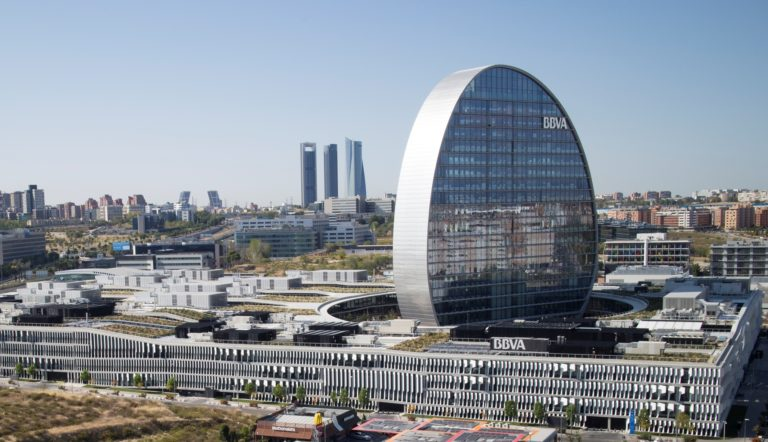Marks & Spencer (M&S) is trialling autonomously farmed parsnips to reduce carbon emissions and improve the quality and quantity of the crop in what the retailer describes as an industry-first.
The technology, which is being rolled out in partnership with the company’s supplier Huntapac, includes two robots for bed forming, planting and weeding, two different types of drone to monitor and maintain crop health, and scientific testing on soil health and carbon impact.
To enable carbon to be locked into the soil, M&S is using green fertiliser, “significantly less” diesel than a traditional tractor, and a minimum till approach to reduce the amount of ploughing needed.
The retailer said that the green fertiliser is not only produced with a lower carbon footprint than traditional methods but works by removing nitrogen dioxide from the air and converting it to nitrogen which is used by the plants for photosynthesis.
M&S said its initial data shows a 46 per cent carbon reduction compared to standard methods.
Technology is also being used to improve the quality and quantity of crop yields with AI being used to monitor and improve crop health by reducing the impact of adverse weather.
M&S said the use of technology has contributed to an increase in quality and number of parsnips and reduced waste, with a 16 per cent higher yield of grade one vegetables compared to Huntapac’s other parsnip fields.
The parsnips will be available to buy in selected stores from November.
The trial was the first M&S Food project to be funded by the M&S Plan A Net Zero accelerator fund.
The fund was launched by the retailer to discover innovative projects that enable rapid action towards its goal of being a net zero business across its entire supply chain by 2040.
“Agriculture is one of our biggest contributors to emissions, so it’s important that we find new lower impact farming methods,” said Andrew Clappen, technical director at M&S Food. “Trialling new ways to support our Plan A roadmap to Net Zero is an important step on the journey and this project has helped deliver more parsnips at M&S quality, a carbon reduction and brings together new technologies which if adopted more widely would create more highly skilled jobs and attract new talent into the sector.”
Latest News
-
Lloyds Banking Group doubles AI value target to £100m in 2026
-
Tesla to end Model S and Model X production as Musk shifts focus to robotics
-
ASA bans Coinbase adverts ‘trivialising risks’ of cryptocurrency
-
Gumtree rolls out Know Your Business technology
-
Government announces free AI training to upskill 10m people
-
OpenAI to launch SME accelerator as part of new EU scheme
The future-ready CFO: Driving strategic growth and innovation
This National Technology News webinar sponsored by Sage will explore how CFOs can leverage their unique blend of financial acumen, technological savvy, and strategic mindset to foster cross-functional collaboration and shape overall company direction. Attendees will gain insights into breaking down operational silos, aligning goals across departments like IT, operations, HR, and marketing, and utilising technology to enable real-time data sharing and visibility.
The corporate roadmap to payment excellence: Keeping pace with emerging trends to maximise growth opportunities
In today's rapidly evolving finance and accounting landscape, one of the biggest challenges organisations face is attracting and retaining top talent. As automation and AI revolutionise the profession, finance teams require new skillsets centred on analysis, collaboration, and strategic thinking to drive sustainable competitive advantage.
© 2019 Perspective Publishing Privacy & Cookies


.jpg)






Recent Stories